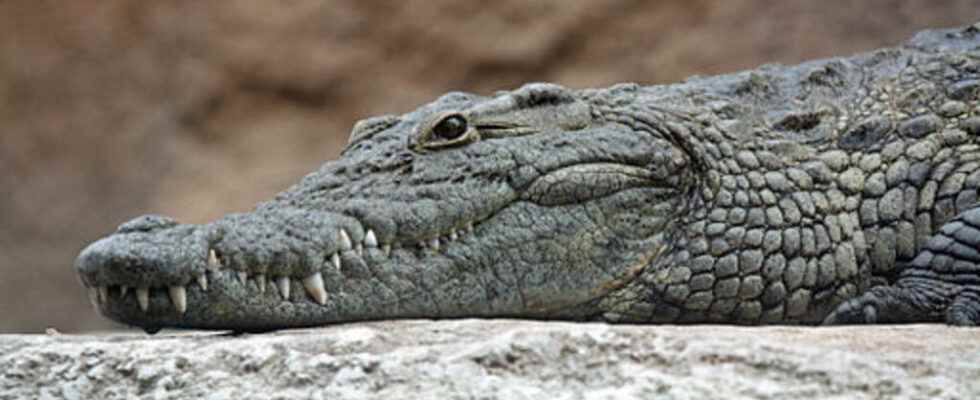In Australia, the government of Queensland, in the northeast of the country, wishes to better protect the population against attacks by crocodiles, and intends to adopt a policy of systematic slaughter of the largest of them, those measuring more than 2.40 meters. A controversial proposal.
With our correspondent in Sydney, Gregory Plesse
To reduce crocodile attacks, it is enough to shoot the largest, and therefore the most dangerous. This is the logic, a priori unstoppable, recently adopted by the Queensland government.
Except that in reality, the opposite is likely to happen, according to several experts at the origin of a petition opposing this policy of systematic slaughter. More than 10,000 people have already signed the text.
Towards a war of succession between crocodiles?
They argue that such a strategy could create a false sense of security among the population and lead them to adopt dangerous behaviors in areas where many crocodiles live. They also note that killing the largest crocodiles amounts to eliminating the dominant males, and therefore triggering a war of succession between younger crocodiles and exacerbating their aggressiveness.
Finally, if the risks of attacks are very real, they are not increasing. There are between 20,000 and 30,000 crocodiles in Queensland, a figure that has remained stable since the introduction of conservation measures in the 1970s. Less than 1% of the eggs will eventually become adults of breeding age, so naturally there is a huge amount of skimming. Before becoming predatorless killing machines, these animals are extremely vulnerable, in the egg state of course (in Australia, humans carefully collect eggs from nests in the wild), but also during the first year of their life, when they are about as big as lizards and constitute the menu of birds, large fish, but also crocodiles.
As for the last fatal attack, it dates back to 2017, according to the Australian Bureau of Statistics.
► To listen also: Australia: visit to a crocodile breeding farm for the LVMH group
It is for the same reason that it is estimated that the breeding of crocodiles has no impact on the population: in Australia, eggs are taken (in a reasoned way) from nests in the wild, because in any case , 99% of them will die before reaching the age to reproduce (and also because adult crocs eat tens of kilos of fresh meat a day, which is very expensive).
Finally, the greatest crocodilian experts defend their exploitation as a necessary evil, because they believe that deriving an economic advantage from it is the only way to make local populations accept the fact of living near animals that can kill, and restrain them from just taking them out with gunshots in the event of an attack.
